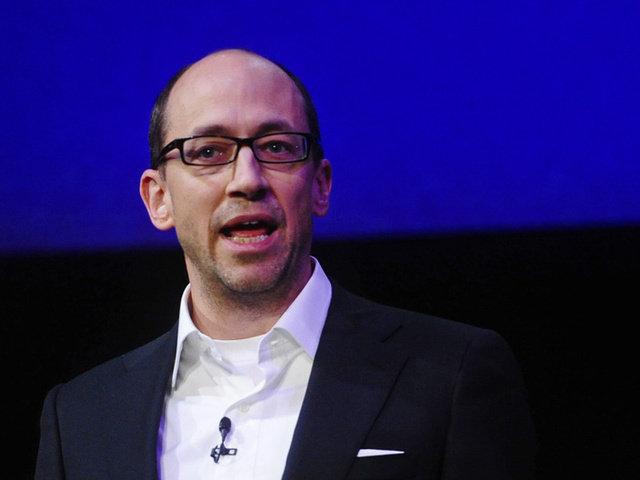
Costolo will not leave the company entirely, but will instead remain on its board. Twitter co-founder Jack Dorsey, who is currently the CEO of mobile payments company Square, will step in as the interim CEO, as Twitter begins a search for a new leader. Shortly after announcing his departure, Costolo tweeted, “Welcome back, Jack!”
Welcome back, @jack !! https://t.co/3papmyUKg0
— dick costolo (@dickc) June 11, 2015
In a statement, the soon-to-be ex-CEO said of his temporary replacement, “There is no one better than Jack Dorsey to lead Twitter during this transition. He has a profound understanding of the product and Twitter’s mission in the world as well as a great relationship with Twitter’s leadership team. I am deeply appreciative of the confidence the Board, the management team, and the employees have placed in me over the years, and I look forward to supporting Twitter however I can going forward.”
Costolo, who has been Twitter’s CEO since 2010, saw the social network through its initial public offering (IPO) in 2013. But in the two years since, he has faced mounting disapproval for his perceived inability to grow the company further, especially after failing to meet Wall Street expectations recently. Still, under Costolo’s leadership, Twitter’s user base grew to hundreds of millions, and the company remains a mainstay on the social media scene.
Costolo adds in his statement, “I am tremendously proud of the Twitter team and all that the team has accomplished together during my six years with the Company. We have great leaders who work well together and a clear strategy that informs our objectives and priorities.”
Editors' Recommendations
- Elon Musk confirms he will step down as Twitter CEO
- Elon and Jack hit Twitter to talk about a Twitter feature
- Twitter CEO Jack Dorsey calls it a ‘tough day’ after major hack
- Twitter CEO Jack Dorsey will spend $1 billion to help fight coronavirus
- Police arrest suspect in hack of Twitter CEO Jack Dorsey’s account


